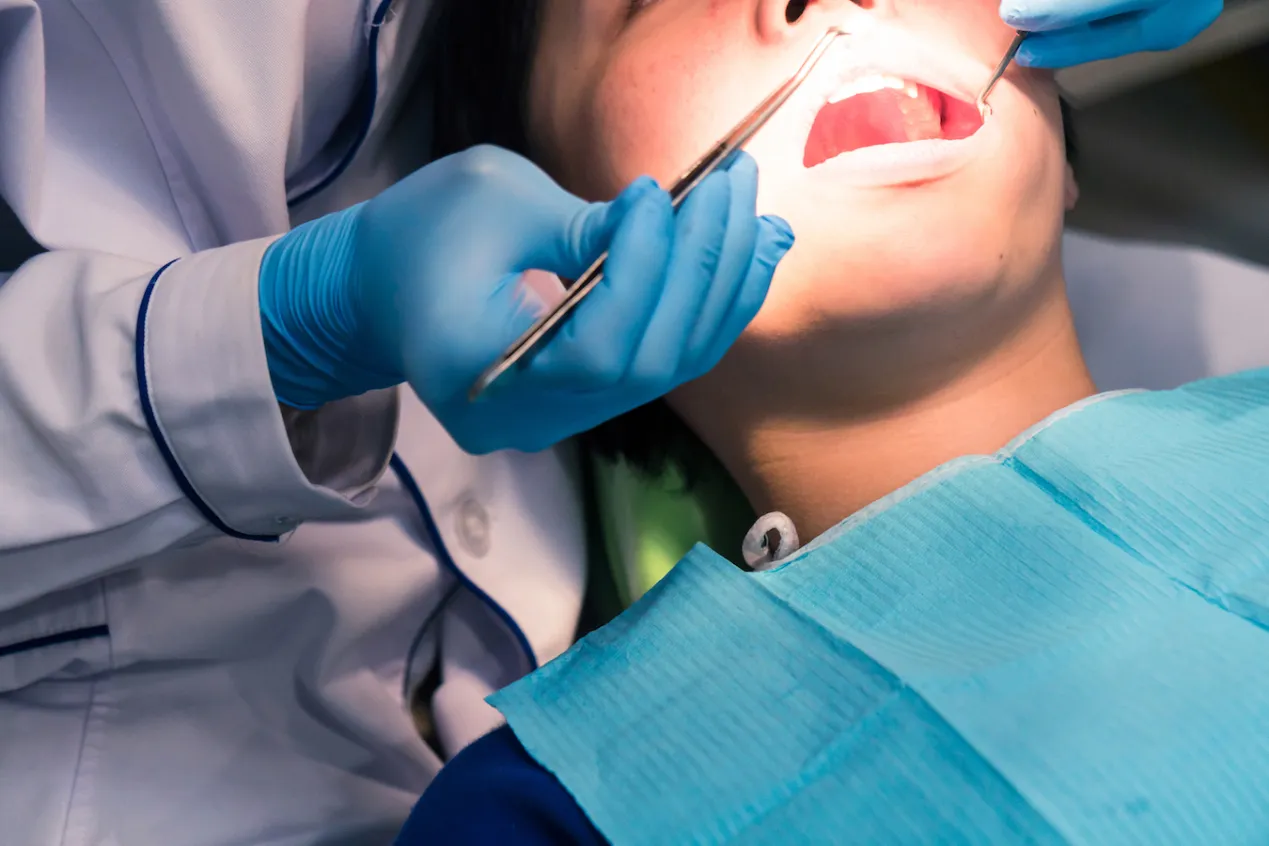Your Overview to Picking the Right Dentist Eugene OR for Top Quality Solution
An Overview to Common Dental Problems That Require a Dental practitioner's Care
Toothaches, for example, can be symptomatic of extreme concerns such as tooth cavities, broken teeth, or abscesses, each requiring details treatments like dental fillings or root canals. Influenced wisdom teeth and jaw disorders can present considerable pain and problems.
Toothaches
Toothaches are a common oral problem that can range from moderate pain to extreme pain, usually showing a hidden problem that calls for professional attention. This pain can originate from a variety of sources, consisting of tooth decays, fractured or fractured teeth, and dental abscesses. Each of these conditions positions substantial threats if left untreated, potentially resulting in extra extreme complications.
Oral tooth cavities, likewise understood as caries, are caused by the buildup of plaque that erodes tooth enamel, leading to openings or pits in the affected teeth. Abscesses are uncomfortable infections at the root of a tooth or in between a tooth and the periodontal, normally resulting from serious decay or untreated tooth cavities.
Effective therapy of toothaches includes dealing with the origin reason. This might include dental fillings for tooth cavities, crowns for cracked teeth, or origin canals and antibiotics for abscesses. Very early intervention by an oral specialist can stop additional damage and minimize pain, making certain ideal dental health.
Gum Tissue Illness

The primary reason of gum illness is bacterial plaque, a sticky, colorless movie that regularly bases on teeth. Poor dental health, cigarette smoking, genetic proneness, and specific clinical problems, such as diabetes, can aggravate the danger of creating gum tissue illness. Normal dental check-ups are critical for early detection and administration of this condition.
Therapy for gum disease varies from professional oral cleansing and scaling to more innovative treatments like origin planing and periodontal surgery, relying on the intensity. Maintaining good dental health practices, including brushing two times daily, flossing, and using an antiseptic mouthwash, can dramatically decrease the danger of gum condition and promote healthier periodontals.
Cavities
Tooth cavities, additionally known as cavities, are a common dental problem characterized by the devastation of tooth enamel due to acid-producing microorganisms in the mouth. These bacteria thrive on sugars and starches from food and beverages, creating acids that slowly deteriorate the enamel, leading to tooth cavity development.
Early-stage dental caries may disappoint signs, however as they proceed, they can trigger toothache, sensitivity to chilly or hot, visible holes or pits in the teeth, and staining. If left untreated, dental caries can penetrate deeper layers of the tooth, potentially leading to severe discomfort, infection, and also missing teeth.
Preventing cavities includes a combination of good oral hygiene techniques and nutritional habits. Regular cleaning with fluoride tooth paste, flossing, and routine oral examinations are critical. Dental professionals might additionally advise extra precautionary steps, such as fluoride treatments and dental sealers, to protect teeth from decay.
Treatment for cavities depends upon their seriousness. Minor cavities can be resolved with dental fillings, which bring back the tooth's framework. If the decay has gotten to the tooth's pulp, more sophisticated situations might require crowns or even root canal therapy. Prompt treatment by a dental practitioner is vital to protect against issues and maintain general oral wellness.
Impacted Knowledge Teeth
Affected wisdom teeth are a widespread oral problem that takes place when the third molars, commonly referred to as wisdom teeth, stop working to totally arise or straighten properly within the mouth. This condition usually arises from not enough room in the jaw or an abnormal growth angle of the teeth. Affected wisdom teeth can lead to a variety of problems, including infection, pain, and damages to nearby teeth.
When wisdom teeth come to be influenced, they are typically partly emerged or stay entirely beneath the periodontal line. This partial eruption can create a pathway for germs to go into the gum tissues, causing infections that manifest as swelling, discomfort, and also fever (eugene dentist). In addition, impacted knowledge teeth can exert pressure on surrounding teeth, potentially triggering crowding or shifting
A comprehensive oral exam, commonly involving X-rays, is vital for diagnosing affected wisdom teeth. Routine dental check-ups are recommended to keep track of the problem and maintain oral health.
Jaw Disorders
Final Thought

Dental dental caries, also recognized as decays, are caused by the build-up of plaque that wears down tooth enamel, leading to holes or pits in the impacted teeth. Abscesses are painful infections at the root of a tooth or between a tooth and the periodontal, normally resulting from extreme degeneration or untreated dental caries.
Influenced knowledge teeth are a widespread dental issue that happens when the third molars, frequently referred to as knowledge teeth, fall short to fully emerge or line up effectively within the mouth. Affected knowledge teeth can lead to look at this now a range of issues, consisting of discomfort, infection, and damage to adjacent teeth.
Furthermore, impacted wisdom teeth can apply pressure on surrounding teeth, possibly creating crowding or changing.